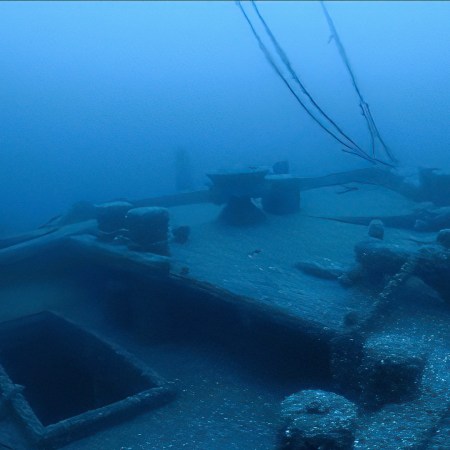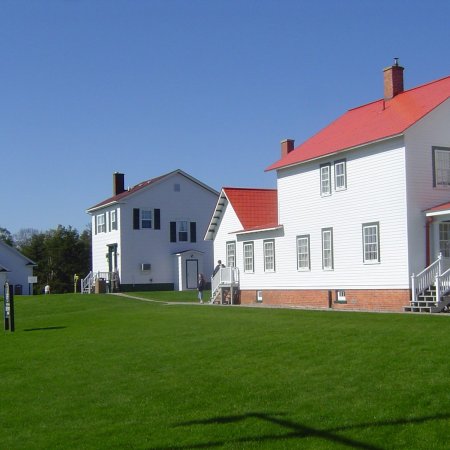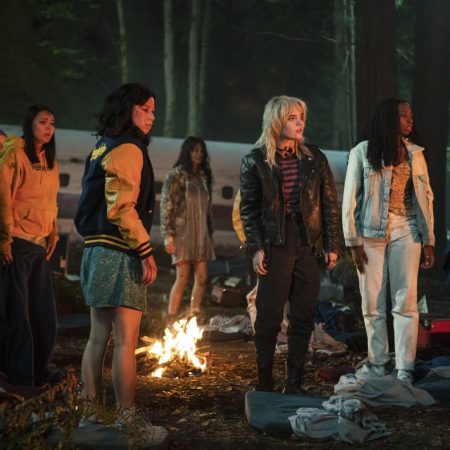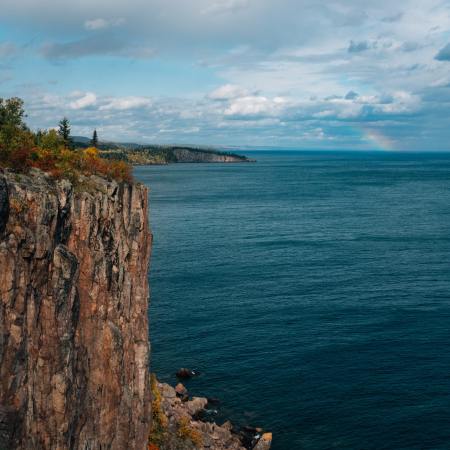Odds are good that you’re familiar with William Golding’s 1951 novel Lord of the Flies — either the novel itself or one of its many film adaptations. Its central idea — that a group of kids, in isolation, might resort to deeply anti-social behavior and even murder — can also be seen as having influenced works from the Hunger Games books to Battle Royale. It’s a decidedly bleak view of human nature, one in which the conflict between a group of children echoes the larger dynamic of a world at war.
Writing at The Guardian, historian Rutger Bregman details his own exploration of a real-life historical event with some similarities to Golding’s novel. This isn’t a case of an obscure incident turning out to have inspired Golding’s novel — instead, it took place years after the publication of Lord of the Flies.
In the 6 October 1966 edition of Australian newspaper The Age, a headline jumped out at me: “Sunday showing for Tongan castaways”. The story concerned six boys who had been found three weeks earlier on a rocky islet south of Tonga, an island group in the Pacific Ocean. The boys had been rescued by an Australian sea captain after being marooned on the island of ‘Ata for more than a year.
What Bregman learned from talking with the captain, Peter Walker, and Mano, one of the men he rescued, offers a very different take on what might happen when a group of young men are stranded on a remote island. In this case, the end result was one of cooperation and working towards a sense of mutual aid, rather than chaos and violence. And in this case, the story of six marooned students and the man who rescued them is the rare instance of a real-life event being more positive than its fictional counterpart.
Subscribe here for our free daily newsletter.
Thanks for reading InsideHook. Sign up for our daily newsletter and be in the know.


















